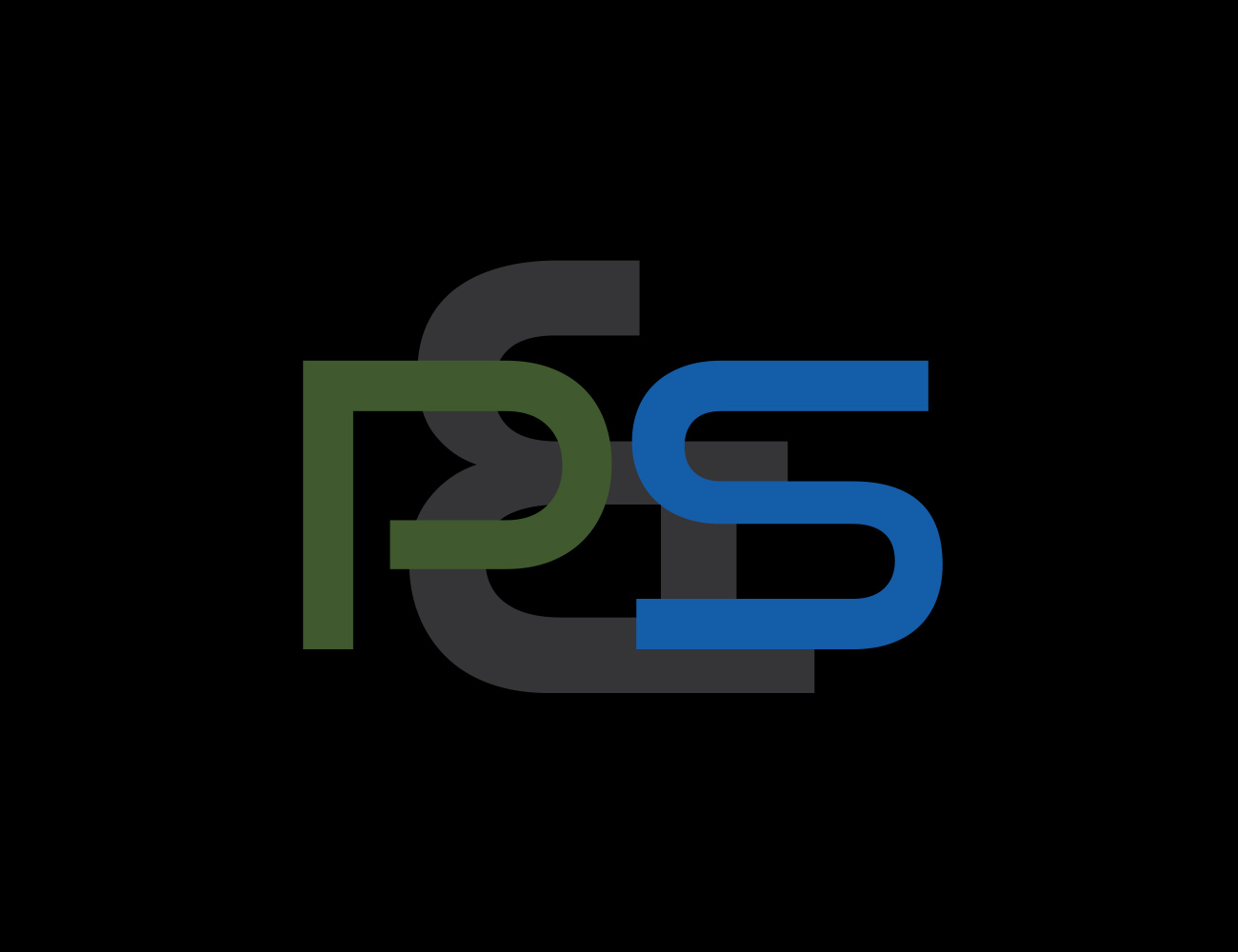Posting to be Understood on Social Media

There is an assumption on both ends of social media – the poster who assumes you understand their frame of reference and the reader who applies their own frame of reference when it may not apply. Sadly, most posters don’t take into consideration the reader probably doesn’t know anything about the poster and make assumptions that the reader knows about the subject or experience being discussed. The best method I have found to resolve these issues is to provide that missing information in my post. Explaining the who, what, why, when, where, how when applicable assists people in better understanding and limits the need for further clarifying questions.
Regarding those replying to posts- many seem to think blurting out a single word, phrase, or link solves the issues presented or is sufficient input to express a perspective. In reality, an explanation as to why the reply was presented provides far more value. My experience and observations included in my replies help change minds, reinforce ideas, and help others see a different perspective- unlike that drive by response. I reply to help someone by providing my take on things- a one word response doesn’t help anyone but your post count or activity level.
Unfortunately, like in verbal discussions, many people aren’t reading (listening) to understand, they are waiting for their turn to post (talk) and they easily disregard information that has already been presented. This is shown in most social media interactions where the exact same info in repeated over and over in replies that don’t address those who already posted the same information. Everyone wants to be the provider of the pertinent info and they ignore those who reply before them. How effective is that method of communication? Personally, I would rather reinforce those who have already provided my points and add my additional information to their reply.
There are also those that find the need to reply with the outlier info to discredit or discount the information from the original source. Ignoring the main points and highlighting something trivial so they can appear to be relevant, when in reality they are just a speed bump in the exchange of quality information.
It is difficult at first to read to understand and eliminate the need to find ridicule in other people’s work. Once you get past that, you begin to better understand what is being presented and it also helps in your own creation of content.








Comments
So empty here ... leave a comment!